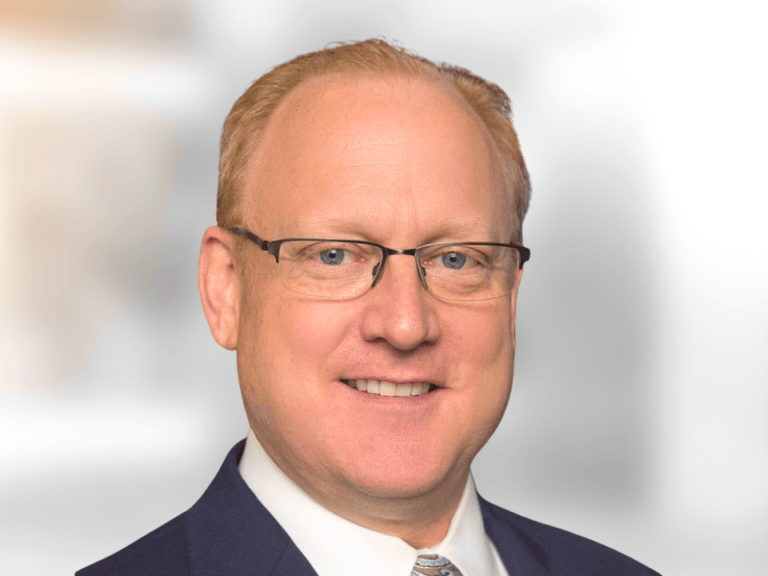An article in the June 6 issue of The Cancer Letter described plenary presentations at ASCO 2014. One presentation was the adjuvant breast cancer clinical trial ALTTO in HER2-positive disease, which “was chosen [for the plenary session] because it addressed the reliability of pathological complete response as a surrogate for patient benefit.” The article and much ASCO and post-ASCO rhetoric in the breast cancer community focused on the conclusion that ALTTO failed to show a statistically significant benefit in disease-free survival (DFS) for combination lapatinib/trastuzumab in comparison with trastuzumab, both on a backbone of chemotherapy. This was despite a statistically significant benefit in pathological complete response (pCR) in NeoALTTO, the neoadjuvant version of ALTTO.
If your institution has a site license, log in with IP-login or register for a sponsored account.*
*Not all site licenses are enrolled in sponsored accounts.
Login Subscribe











